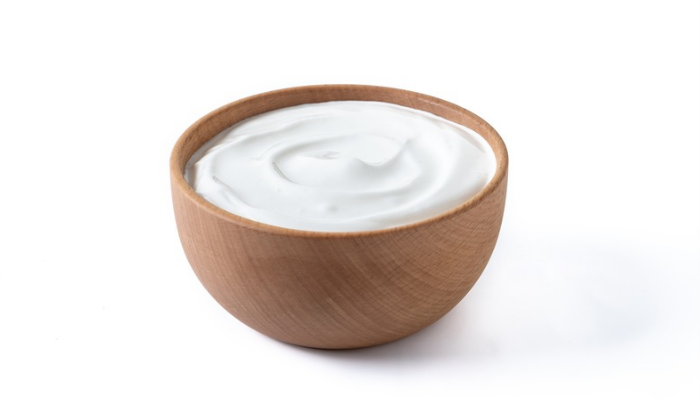Curd vs Buttermilk: Benefits, nutrition, and more explained
When it comes to dairy products, curd and buttermilk are go to options in many households. Both are nutritious and offer unique health benefits. Let’s dive into the details to help you decide which one suits your needs better.
- FB
- TW
- Linkdin
)
Curd
Curd, also known as yogurt, is made by fermenting milk with beneficial bacteria. It is rich in probiotics, calcium, and protein, making it a powerhouse of nutrients. Curd is a regular routine in many popular diets.
Benefits of Curd:
Boost immunity: The probiotics in curd support gut health, which is closely linked to the immune system.
Strengthen bones and teeth: Its high calcium content promotes bone density and dental health.
Aid in digestion: While curd is nutritious, it can be heavy on the stomach for some individuals, especially those with weaker digestion.
Regulate blood pressure: Regular consumption of curd may help in managing hypertension.
However, curd is thicker and heavier compared to buttermilk, and it may ferment in the digestive tract, leading to discomfort for some people.
Buttermilk
Buttermilk is a by-product of curd, created by churning curd to remove butter, leaving behind a tangy liquid. It is lighter, easier to digest, and enriched with lactic acid.
Benefits of Buttermilk:
Digestive benefits: It is an excellent choice for those with digestive issues, as it is light and soothing for the stomach.
Cooling effect: Buttermilk helps in preventing dehydration and cooling the body, especially in hot climates.
Rich nutrients: It contains calcium, protein, and vitamins, along with condiments like cumin, curry leaves, and ginger, which enhance its therapeutic properties.
Weight management: Being low in fat, buttermilk is a great option for those looking to maintain or lose weight.
ALSO READ: Kimchi to Miso: 5 superfoods with probiotics more than curd for gut health
Both curd and buttermilk are nutritious and beneficial in their own ways. If you’re looking for a heavier, nutrient-dense option, curd might be your go-to. On the other hand, if you prefer something lighter and easier on the stomach, buttermilk is the better choice. Ultimately, the decision depends on your digestive health, dietary preferences, and lifestyle.
